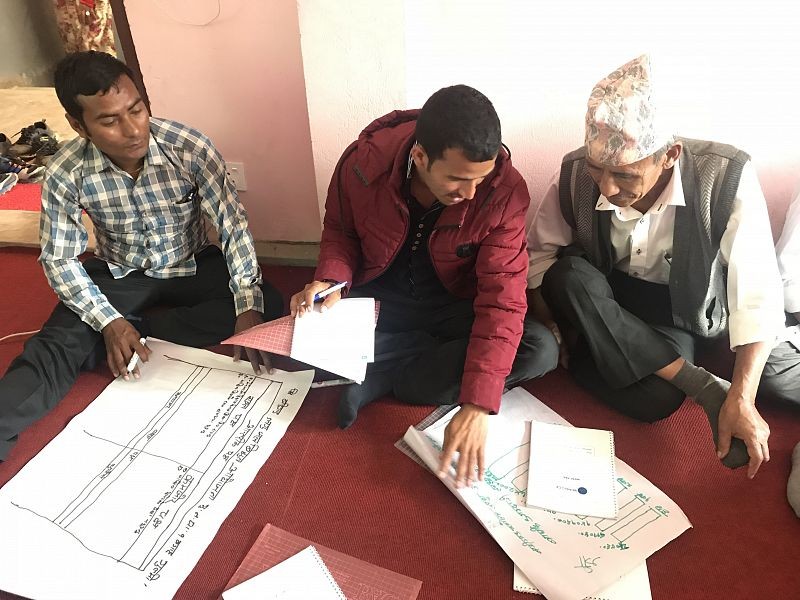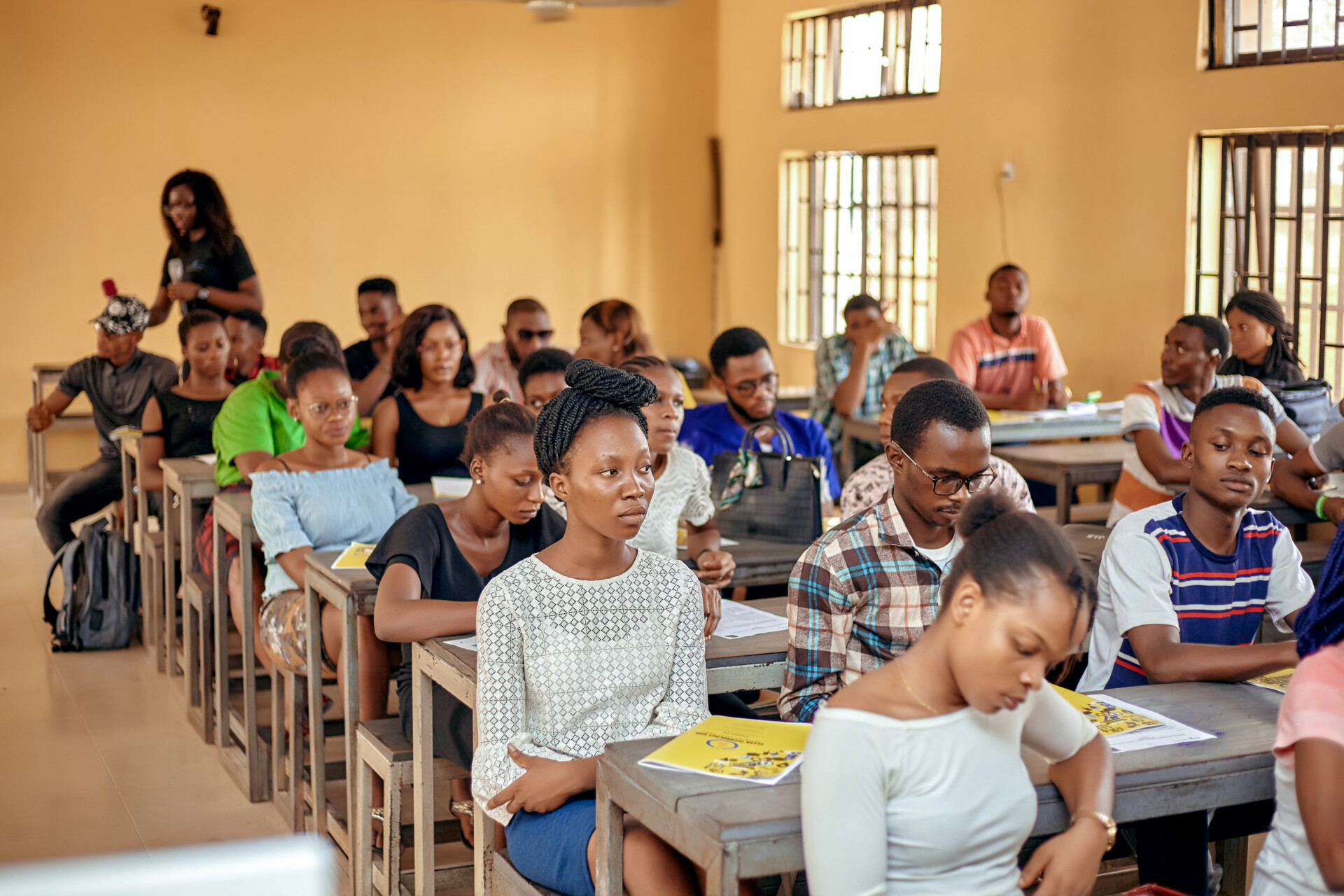Biraj Gautam and Rabin Shrestha share their lessons from the latest visits to the micro hydro power sites in Jumla and Baglung.
Macro Lessons For Micro Hydro In Nepal
Winrock International has a long history in Nepal’s micro-hydro industry, a legacy which was much in evidence in a series of learning and sharing workshops organised by “Sharing Learning Across Projects: Operating Micro-Hydro (MHPs) as Commercially Viable Enterprises”, a clean energy project in Nepal.
This SEPS exchange activity is financially supported by WISIONS and jointly implemented with Nepal’s Alternative Energy Promotion Centre’s Renewable Energy for Rural Livelihood Programme (AEPC/RERL).
The objective of the training workshops was to build the capacity of micro-hydro plants to operate as commercially viable enterprises. This objective was achieved by focusing on knowledge exchange, managerial and business model training, business plan development and computer-based account management systems.
The workshops provided everything from instruction on accounting practices (single- vs. double-entry) to maintenance checklists (bolt turbine connections once a year) to meter-reading basics (set aside days each month and inform customers in advance).
Participants at a recent workshop began by sharing what they had learned and implemented from earlier training sessions. Amongst other things, managers reported the following changes: extended service hours, increased salaries to motivate employees and the introduction of late fees or a policy of disconnecting customers who had not paid their bills.
To read more about Winrock‘s activities, please visit their project website.


